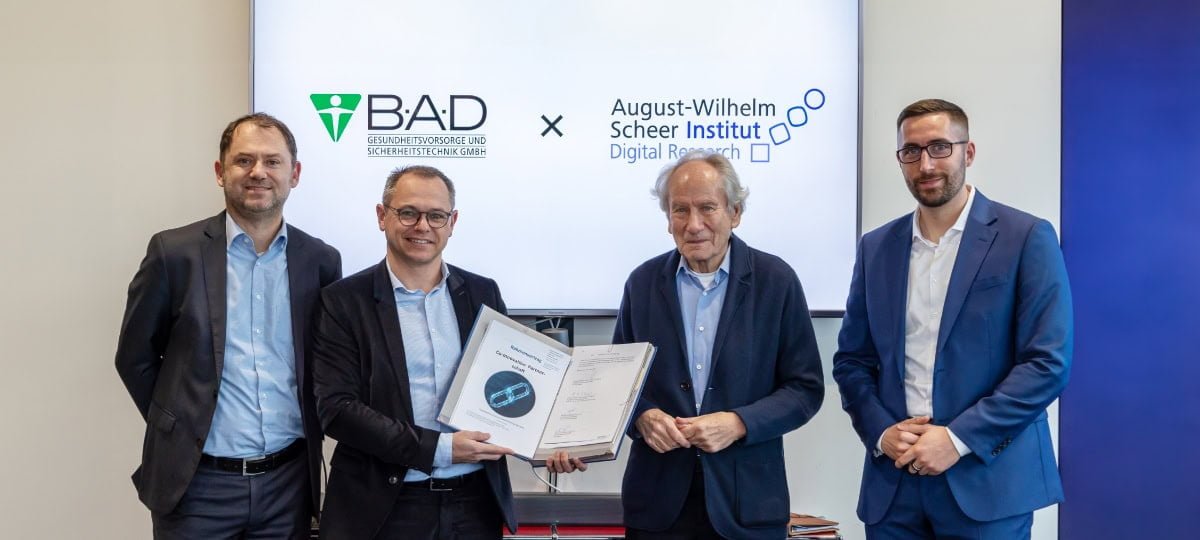Tax Technology - From efficiency to accuracy


Tax functions must therefore be ready to deal with this wave of digital disruption, which requires them to be even closer to their stakeholders on the one hand and to meet the changing needs and expectations of tax administrations on the other.
Traditionally, tax functions operated in silos and were technology poor, focusing primarily on process efficiency. Tax Technology represents the use of technology in the tax function. Digitizing processes, including data collection and analysis, data reconciliation, and tax auditing, will enable organizations to optimize taxes across their operations and accelerate planning, reporting, and compliance processes.
Tax compliance is more complex and time-consuming than ever. New taxes and reporting requirements are constantly being adopted. A tax compliance management system is considered adequate if it is suitable for both identifying the risks of material non-compliance and preventing such non-compliance in good time and with reasonable certainty. This means that preventive and identifying measures are required.
Driven by new digital frontiers and globalization, governments are increasingly using technology to improve the collection of indirect taxes. Probably the most widely used tool in their arsenal today is e-invoicing.
Here is a selection of governments that require e-invoicing in one form or another: Sweden is in the process of implementing the EU e-invoicing directive. Chile requires digital certificates and unique numbers to authenticate documents. Mexico requires digital stamps to verify the origin and authenticity of electronic invoices. Colombia requires companies to use electronic invoicing for VAT and consumer goods tax. The Romanian government has established the central RO-E-Invoice platform.
E-invoicing has been mandatory since July 2022 for companies whose business activities involve product categories with high tax risks. India announced a change in the e-invoicing threshold. From April 1, 2023, e-invoicing will be mandatory for taxpayers with revenues exceeding INR 20 million (approx. EUR 2.4 million). German authorities are in the process of implementing RTR or e-invoicing. Electronic B2B invoicing is to be available in Serbia from January 2023. Australia requires all major trading partners to submit electronic invoices in Peppol format from July 2023. Japan expects to introduce e-invoicing in the country by October 2023.
In recent years, sales tax has proven to be the biggest tax risk for many companies. This is because it is susceptible to fraud, is of considerable importance as a tax revenue, and is often the focus of audits by the tax authorities. The tax authorities therefore regularly check the accuracy of invoices, the entitlement to deduct input tax and - especially in the case of cross-border sales - document recording and proper accounting in the area of sales tax.
The effective tax control systems check and control every transaction posted in the ERP system. The control checks can range from simple to complex depending on the organizational hierarchy. For example, this could illustrate the following hierarchy in complexity:
First stage: checking whether the transactions have been posted without tax codes. Second stage: Checking the comparison of tax rate and tax amount on the invoice. Third stage: checking for incorrect postings to tax accounts. Fourth stage: checking the correctness of the assigned tax codes in complex transactions such as series transactions or triangulations. Taking this fourth stage as an example means in reality that companies build the complex logic for tax determination a second time in the audit instance and illustrates the complexity that audits have today.
Originally, the technology was primarily about efficiency gains, such as in invoice processing, while it is increasingly becoming a powerful tool for verifying correctness.
Implementing tax technology provides the opportunity to thoroughly analyze and optimize an organization's tax functions at the transaction level. Depending on the scope of controls implemented, tax technology can not only increase compliance requirements, but also reduce costs, improve process and data controls, enable better planning and strategy development, and increase transparency.




